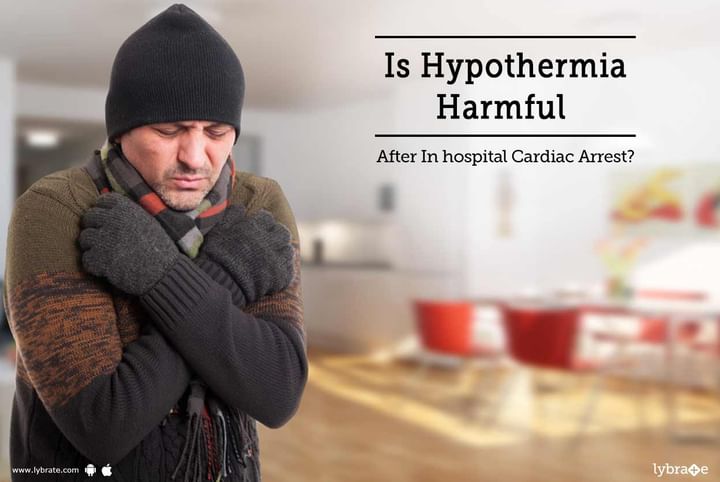Is Hypothermia Harmful After In-hospital Cardiac Arrest?
If you become aware that a loved one was induced with hypothermia to improve the survival rate after an in-hospital cardiac arrest, it would make one concerned and worried. As you must be knowing that hypothermia is a particular condition wherein the human body has an abnormally low temperature. This condition can be a typically hazardous situation and can even lead to death in extreme cases. If so, then why is it done? To gain a better insight in this regard, let’s attempt at understanding the process.
How is it practiced?
This treatment procedure is known as targeted temperature management or therapeutic hypothermia and is used in only selected patients after the incidence of an in-hospital cardiac arrest. This induced hypothermia has proved to significantly improve the rates of neurologically intact survival on a long-term basis. This treatment procedure may prove to be one of the most important clinical progressions regarding the science of resuscitation.
Who can receive the treatment?
This treatment of induced hypothermia is beneficial for the intubated patients where the treatment is started within six hours after the occurrence of cardiac arrest. It is also suitable for the patients who can maintain their systolic blood pressure more than 90 mm of Hg with or without the use of presser after the occurrence of cardiopulmonary resuscitation. It can also be beneficial to the patients in coma particularly at the time of cooling.
Who can be at risk for this treatment?
This treatment of induced hypothermia can involve a lot of risks and hence proper care before the treatment is essential. There are possible risks of bleeding and infection of the patients who have undergone a recent surgery within a time span of 14 days. There is a slight chance of increase of infection in the patients with sepsis. If the patient was in a coma from other causes like intoxication from drug or if the condition of coma pre-exists in the patient before the cardiac arrest, then this treatment can be harmful. If the patient is known to have bleeding diathesis or with an active bleeding that is ongoing, this treatment would be detrimental since this may impair the system of blood clotting.
Is the treatment useful or harmful?
This is a highly difficult question to answer since the treatment has both positive and negative effects at the same time. It is seen that if all conditions of the patients are studied in detail before the treatment of induced hypothermia, it can have a positive effect on the patients and they can recover well. But there are also studies that suggest there could be neutral or adverse effects due to this process.
Hence, to conclude, the scientific community is looking at conducting more randomised clinical trials to obtain more clarity in this regard and to adopt it as a standard practice as the results show positive outcomes.
In case you have a concern or query you can always consult an expert & get answers to your questions!



+1.svg)
